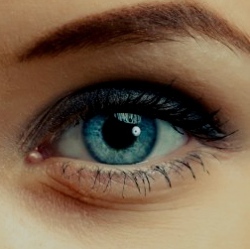
Getting too little sleep is bad. You feel tired, you may be irritable, and it can contribute to obesity, high blood pressure and diabetes. However, research appears to show that adults who usually sleep for less than six hours or more than eight, are at risk of dying earlier than those sleep for between six and eight hours.
To put it more scientifically, there is a gradual increase in mortality risk for those who fall outside the six-to-eight-hour band. Prof Franco Cappuccio, professor of cardiovascular medicine and epidemiology at the University of Warwick, has analysed 16 studies, in which overall more than a million people were asked about their sleeping habits and then followed up over time.
Cappuccio put the people involved into three broad groups:
• those who said they slept less than six hours a night
• those who said they slept for between six and eight hours
• those who said they slept for more than eight hours
His analysis showed that 12% more of the short sleepers had died when they were followed up, compared to the medium sleepers. That’s a significant increase in mortality risk, roughly equivalent to the risk of drinking several units of alcohol per day, though less than the mortality risk that comes from smoking. But can it really be true that getting nine hours’ sleep is worse for you than getting five?
There are different ways of looking at this. Cappuccio was aware of the possibility that people sleeping too long might be depressed, or might be using sleeping pills. He corrected for this, though, and found the association was still there.
His own theory is that people who sleep for more than eight hours sometimes have an underlying health problem that is not yet showing in other symptoms. So, it’s not the long sleep that is causing the increased mortality risk, it’s the hidden illness.
